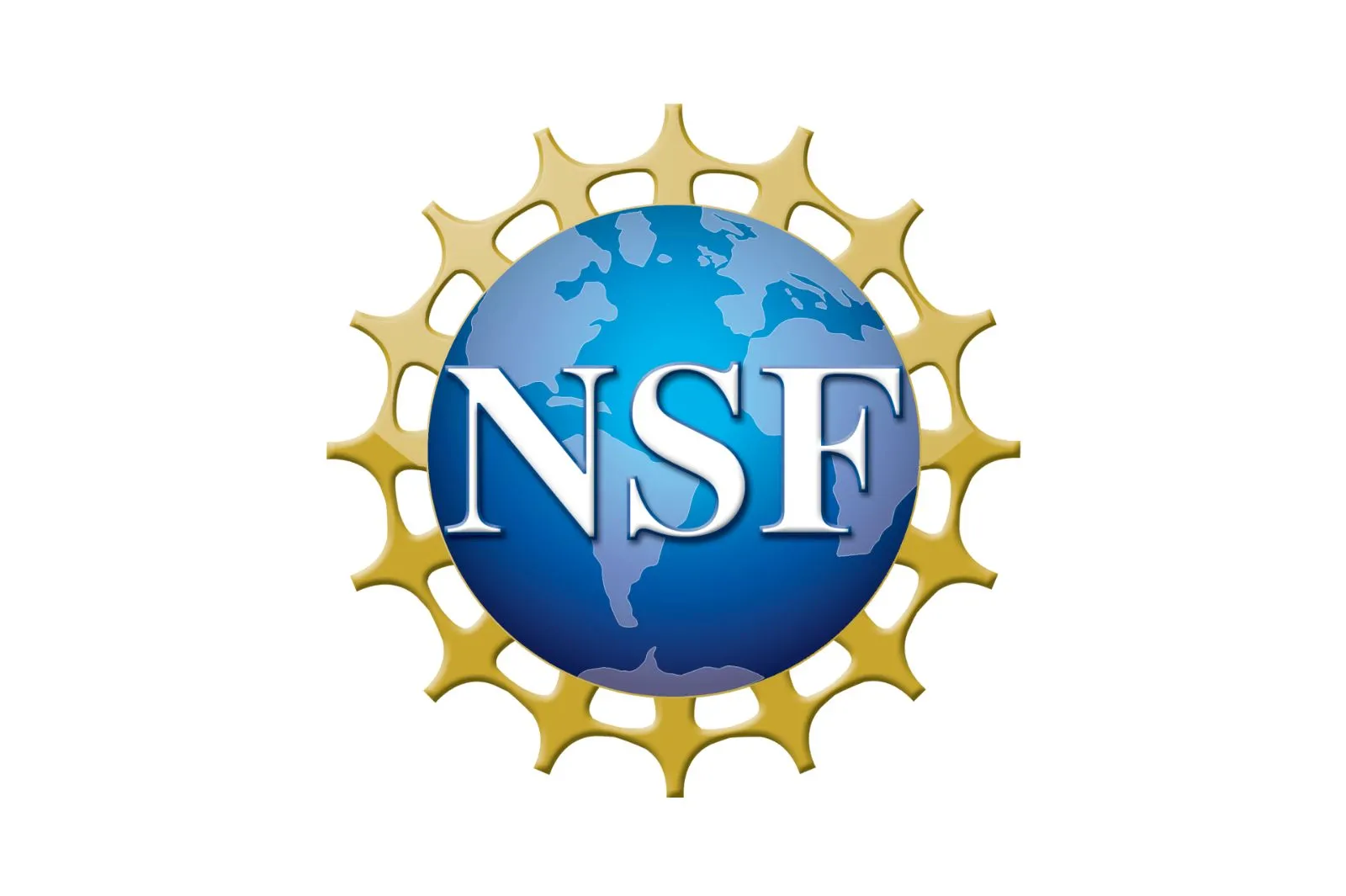
ADVANCE Project CREST Overview
Changing Research Experiences through Structural TransformationADVANCE Project CREST
Based upon Montana State University’s ADVANCE Project TRACS we will:
- Hire a Research Development Coordinator to help establish an inclusive research infrastructure. Meet Dr. Kelly McNear and learn how she can support your research activities!
- Offer “mini grants” for women faculty and those from other underrepresented backgrounds in STEM and SBS
- Host grant-writing bootcamps to provide dedicated time and instruction for creating successful grant submissions
- Create and implement a targeted Research Network to provide ongoing support and mentoring for campus researchers. Learn more about the OOR Belayers, UCCS's own research networking group.
- Use the WVU Dialogues dual-agenda technique to develop cohesion and inclusion among departments and co-create new annual review processes with each unit. Check out the Toolkit now!
- Reimagine promotion and tenure documents in line with Seattle University’s ADVANCE Project
- Learn more about Scholarship Reconsidered: A UCCS RPT Think Tank
- Revisit all research policies with an intersectional lens to ensure that they benefit everyone – also from SU’s ADVANCE
- See our inventory and report on campus awards along with our recommendation for improving their equity
- Establish enduring sense-making opportunities using Georgia Tech’s ADEPT format to catalyze new habits, texts, and interactions that can help sustain and cultivate gender and racial equity
- View the campus participation in the Fall 2022 RPT Bias Literacy Workshops
